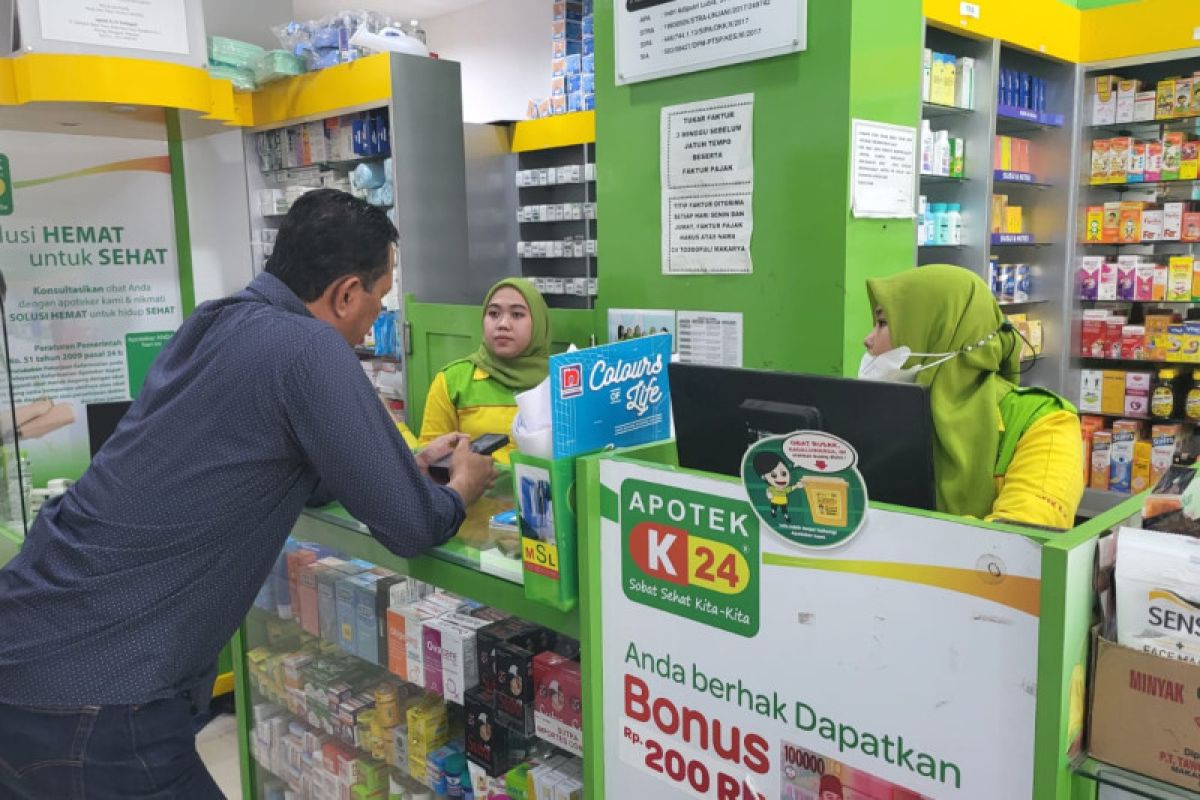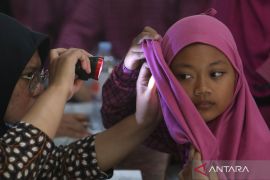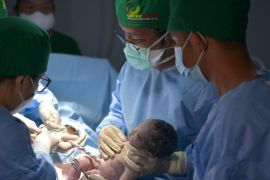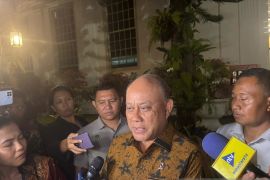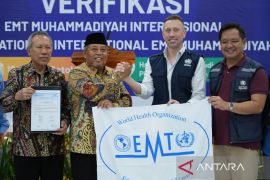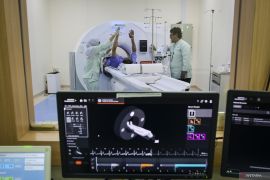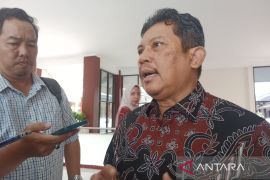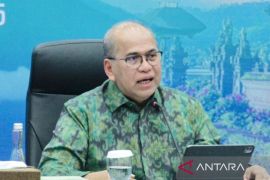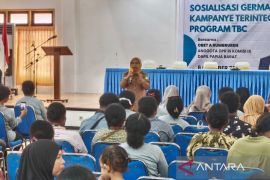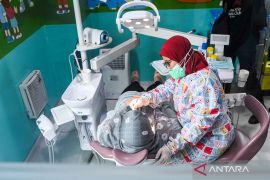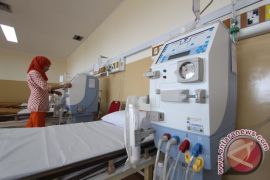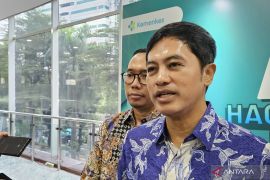In the country’s 22 provinces, 241 children, mostly under five years of age, had suffered from AKI linked to harmful substances in medicinal syrups, and 133 of them, or 55 percent, had lost their lives, Health Minister Budi Gunadi Sadikin noted on Oct 21, 2022.
The ministry imposed a temporary ban on the sales of all prescribed and over-the-counter syrups as a precautionary measure while an investigation is underway.
Earlier, the Health Ministry formed a joint team with the cooperation of the Indonesian Pediatric Society (IDAI) and the Cipto Mangunkusumo Hospital (RSCM) following unexplained deaths of children suffering from kidney failure.
The ministry has also established coordination with the World Health Organization (WHO) to learn from a similar case leading to the deaths of 70 children in Gambia, West Africa.
The WHO linked Indian-made cough syrup to acute kidney failure in Gambia, thereby prompting the Indian authorities to shut down a factory near Delhi where the medicines were made. WHO's laboratory analysis said the cough syrups contained "unacceptable amounts of diethylene glycol (DEG) and ethylene glycol (EG)," chemicals often meant for industrial use.
Related news: VP accentuates need to withdraw drugs causing acute kidney failure
Related news: Acute kidney injury in Indonesia can be cured: Health Minister
In Jakarta, the National Agency of Drug and Food Control (BPOM) revealed their finding on Oct 20, 2022, that the amount of EG and DEG in five medicinal syrup products made in Indonesia exceeded their tolerable daily intake (TDI) level.
The products tested by the BPOM included those suspected to have been taken by patients with acute kidney failure as well as those produced by manufacturers, who used propylene glycol, polyethylene glycol, sorbitol, and glycerol as solvents in large volumes.
According to the pharmacopeia and established national standards, the TDI for EG and DEG contamination is 0.5 milligrams per kilogram of a patient's body weight per day.
The five syrup products found to have higher EG and DEG contamination levels than the TDI are Termorex Sirup, Flurin DMP Syrup, Unibebi Cough Syrup, Unibebi Fever Syrup, and Unibebi Fever Drops.
The BPOM has instructed manufacturers of the five medicinal syrup products to withdraw their products from markets across Indonesia and destroy all products from the same production batches.
However, the BPOM remarked that the results of tests conducted on the five products could not conclude that their use was related to acute kidney failure since there are several other causal factors, such as a viral infection, leptospirosis, and post-COVID-19 multi-system inflammatory syndrome in children (MIS-C).
In addition, the agency has urged all pharmaceutical industries manufacturing medicinal syrup products that have the potential to be contaminated by EG and DEG to report self-testing results for EG and DEG levels in their products.
Health Minister Budi Gunadi Sadikin confirmed that three dangerous chemical substances were found in syrup medicine products suspected to cause atypical acute kidney failure among children.
The three substances were EG, DEG, and ethylene glycol butyl ether (EGBE) that ideally should not exist in syrup medicines.
Those chemical substances could be found in the syrup if polyethylene glycol, with strict tolerance limits, is used to increase the solubility of syrup medicines.
Sadikin also reported that a cure for AKI in children has been found, with the government obtaining the appropriate medication.
"We already found the medicine, and it is called Fomepizole (injection)," he had noted on Oct 21, 2022.
According to Sadikin, the medicine is not available in Indonesia yet, so it is still being imported from Singapore. He expects Fomepizole, which has been tested in the past three days at RSCM, to stem the mortality rate among AKI patients. Meanwhile, state-run Healthcare and Social Security Agency (BPJS Kesehatan) said it would bear the treatment cost for patients with mysterious acute kidney failure, starting from symptom screening to routine dialysis and organ transplants.
"If the patients are registered as BPJS Kesehatan participants, including children with kidney failure, we will cover the bill," Director of BPJS Kesehatan, Ghufron Mukti said.
He noted that kidney failure fell into the category of catastrophic disease that required lengthy, high-cost medical treatment.
So far, catastrophic diseases, including kidney failure, are one of the illnesses whose costs are borne by BPJS.
Kidney transplantation, hemodialysis, and Coninous Ambulatory Peritoneal Dialysis (CAPD) treatment are three health services for kidney disease that had been covered by BPJS Kesehatan.
The total cost covered by the agency for kidney transplantation reached Rp378 million and includes examination, observation, medicines, and recovery.
The cost covered by BPJS Kesehatan for all hemodialysis treatments reaches Rp92 million per year, if it is conducted twice a week per patient. The total cost borne by BPJS Kesehatan for the CAPD treatment is Rp76 million per year for one patient.
Related news: Some 200 vials of Fomepizole imported for 69 AKI patients
Related news: SOEs, hospitals should re-check medicines to prevent AKI: Minister
Editor: Sri Haryati
Copyright © ANTARA 2022
